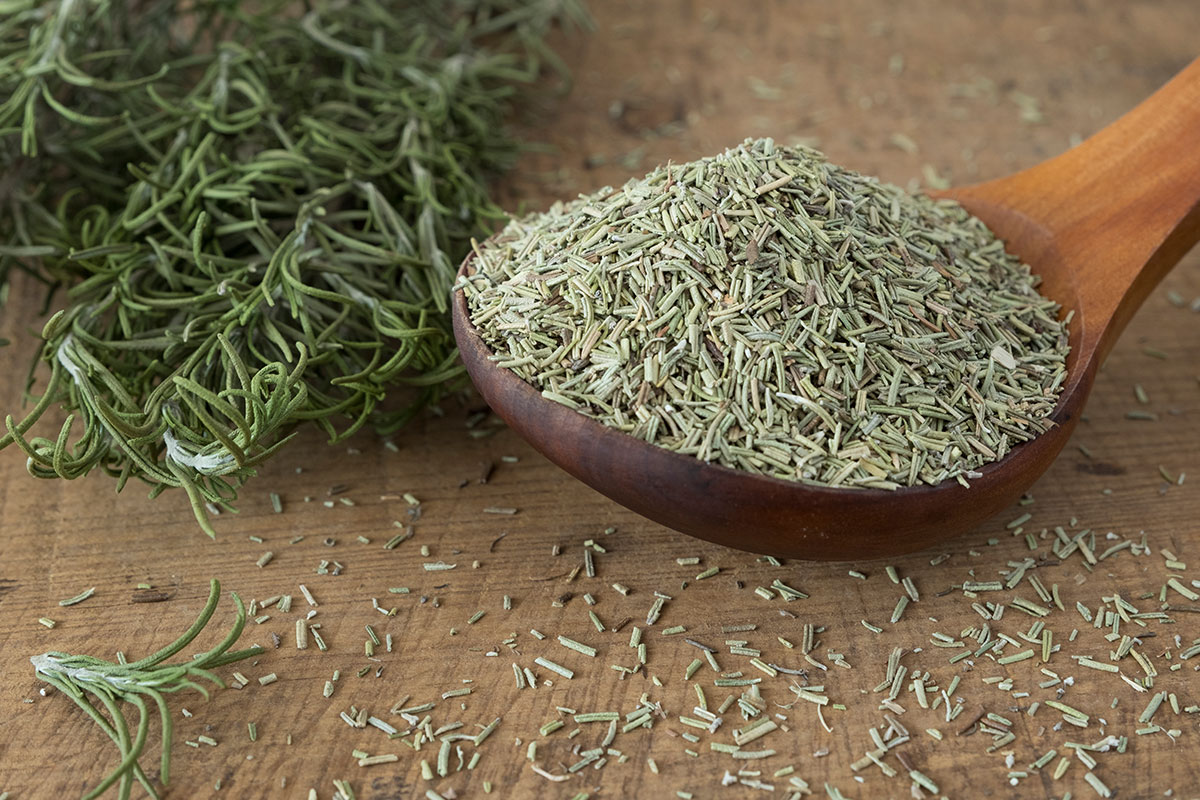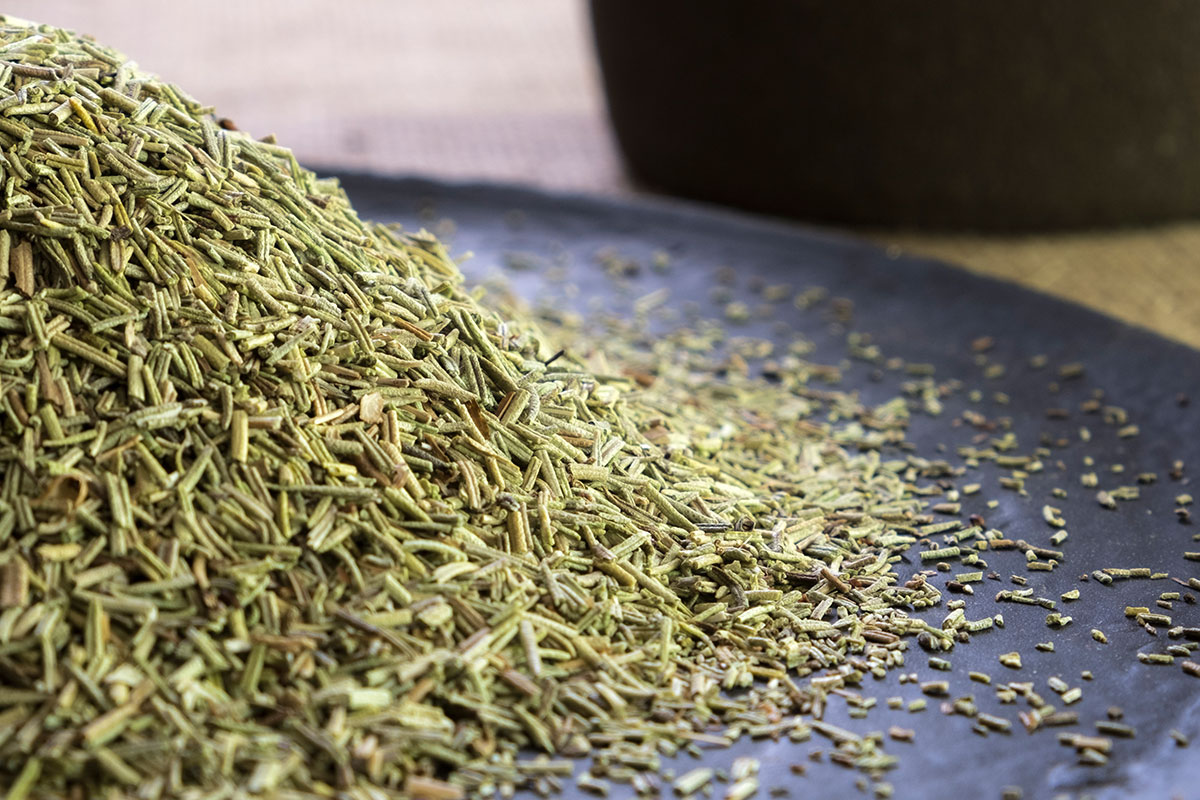5 Powerful Facts About Rosemary Cultivation in Turkey’s Fertile Regions
Introduction
Rosemary has long been recognized as one of the most aromatic and versatile plants in global agriculture. While its reputation often connects it to the broader Mediterranean region, Turkey holds a distinct place as a major contributor to rosemary cultivation. The country’s diverse microclimates, extensive coastline, and deep-rooted agricultural traditions make it a top location for growing high-quality rosemary. In this article, we uncover five powerful facts that highlight the importance of rosemary farming in Turkey and its role in shaping regional agriculture.
1. Turkey’s Mediterranean Coast Offers Ideal Rosemary Growing Conditions
The southwestern coastal areas of Turkey—especially regions like Muğla, Antalya, and Mersin—are known for their Mediterranean climate, with mild winters and long, dry summers. These natural conditions are ideal for rosemary, a sun-loving plant that thrives in rocky, well-drained soils and moderate humidity.
In these coastal provinces, rosemary is typically grown on terraced hillsides, sloping fields, and even uncultivated lands where other crops might struggle. The abundance of sunshine supports full aromatic development, while seasonal rainfall reduces the need for artificial irrigation.
2. Rosemary Plays a Key Role in Traditional Turkish Agriculture
In Turkey, rosemary is often cultivated alongside other native herbs and spices. Small family farms in regions such as Aydın, Denizli, and Isparta integrate rosemary into their crop rotations as a means of preserving soil quality and maximizing land use. Farmers with generations of experience use traditional harvesting methods, often cutting the plants by hand during peak maturity seasons to ensure maximum yield.
Rosemary is dried naturally in the sun or in shaded open-air drying facilities to preserve its aroma and appearance. These time-tested techniques align well with the principles of sustainable agriculture, giving Turkish rosemary a unique identity tied to local heritage.
3. The Herb Supports Local Economies Through Seasonal Employment
Rosemary farming in Turkey contributes directly to rural development and employment. Seasonal harvesting, drying, and processing provide jobs in small villages and towns where farming remains a primary source of income. Cooperatives and producer unions often help organize sales and exports, enabling small-scale growers to access international markets.
The economic ripple effect is noticeable in areas where rosemary is widely grown. Local markets, distillation centers, and herb wholesalers benefit from a steady supply of this versatile crop throughout the harvest season, which typically peaks from late spring to mid-summer.
4. Turkey Is a Rising Global Exporter of Rosemary
Thanks to its geographic advantages and rich agricultural infrastructure, Turkey has become a reliable exporter of rosemary to Europe, the Middle East, and parts of Asia. Ports in İzmir and Mersin make transportation efficient, and large-scale drying and sorting facilities are located near farming regions.
What sets Turkish rosemary apart is not just quantity, but consistency. The uniform growing cycles, harvest methods, and storage systems result in a stable product supply for commercial use. This dependability has attracted global interest, particularly among industries looking for trustworthy sources of dried herbs and plant material.
5. Scientific Studies Highlight Rosemary’s Agronomic Value in Turkey
Several Turkish universities and agricultural research institutions have conducted field studies on rosemary, evaluating factors such as growth rate, soil compatibility, and yield optimization. These findings continue to inform farming practices, especially as the sector adapts to shifting climate patterns.
In addition to field trials, these studies often examine how variations in altitude, water availability, and soil types influence crop performance. Such data-driven farming practices have helped improve rosemary output across different regions of Turkey, reinforcing the country’s standing as a botanical resource hub.
Conclusion
Rosemary farming in Turkey is a story of climate, culture, and continuity. From sun-drenched Mediterranean fields to local village markets, the plant holds cultural and economic significance that goes beyond its use in everyday life. These five powerful facts about rosemary cultivation underscore the importance of Turkey as not only a growing region, but a global contributor to sustainable herb farming.
With each passing season, more attention is being drawn to Turkey’s rosemary fields—not just for their aromatic value, but for the way they connect traditional practices with modern agricultural systems. As demand for natural, responsibly grown herbs continues to rise, Turkey is set to remain at the forefront of rosemary cultivation for years to come.
Product Information
Crop: Wild grown on mountains
Parts used: Leaves
Quality: Hand picked. Sun-Dried, cleaned, 100% pure and natural.
Available as: Ground in various sizes and Powder
Industry used: Food, Dietary/Nutritional Supplement, Phytotherapy and Feed industries.
Packaging: Kraft paper bags, PP bags and PE bags in various sizes
Country of origin: TÜRKİYE




